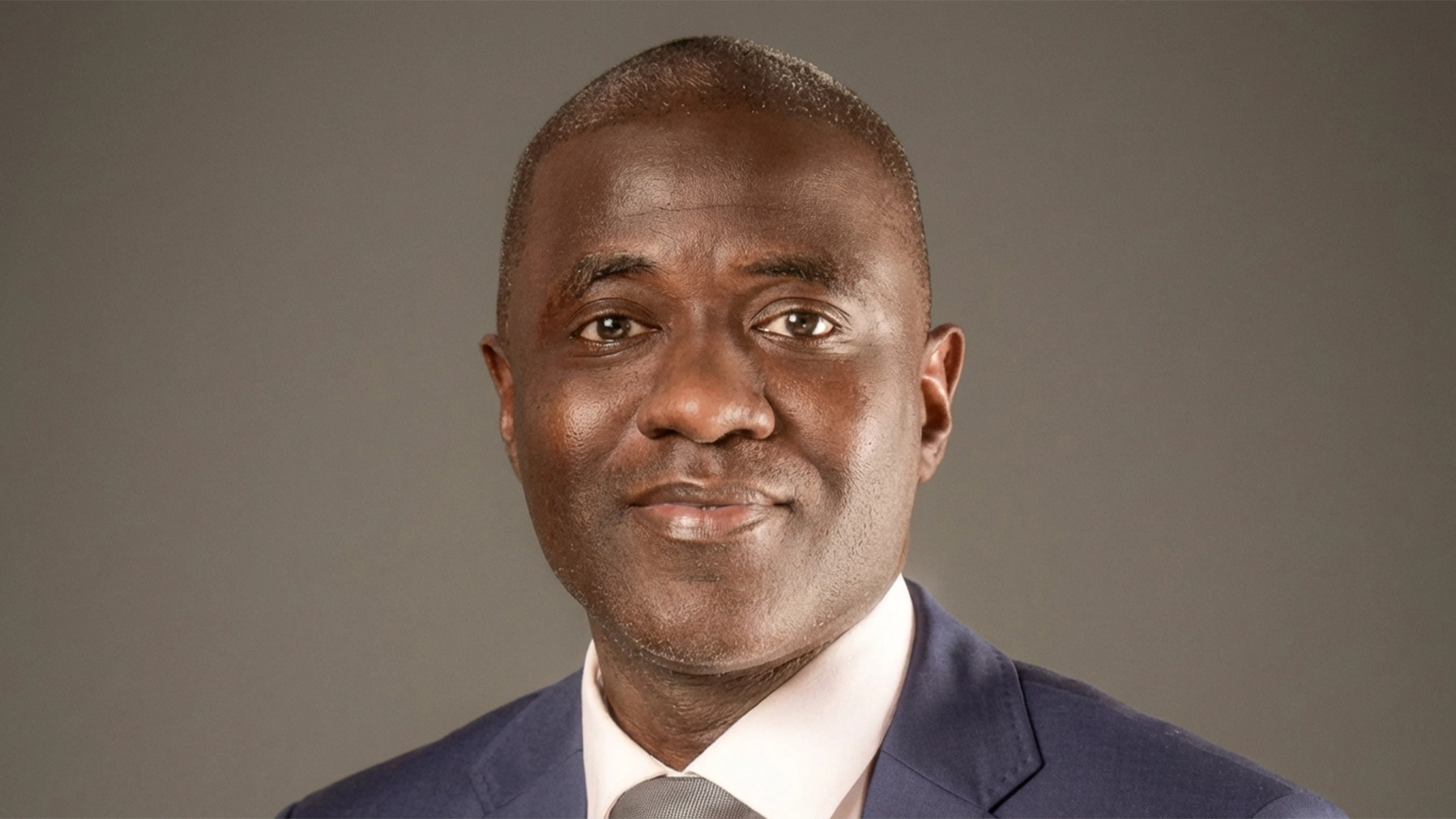
The Director/Chief Risk Officer, Unified Payment Services Limited, Ochanya Dan-Ugo, has called for improved collaboration among operators in the financial technology ecosystem, to tackle socio-economic issues that hinder quality service delivery, limited access to the under-banked, and growth in the sector.
She spoke at the Nigeria fintech forum organised by Eventhive.ng in Lagos. Dan-Ugo said it was vital for operators in the ecosystem to share data, and information through effective collaboration towards reaching the unbanked population, especially in the rural communities, mitigating and resolving loopholes in the financial technology sector.
Dan-Ugo, the keynote speaker, said: “When you do not collaborate, you suffer. Most times we do not share information when we have issues. Information sharing within the industry will help it to grow, making the fintech ecosystem a thriving one.”
She emphasised that it was key to explore the role collaboration plays in driving financial innovation to improve the fortune of the fintech ecosystem.
Chief Executive Officer/Managing Director, 9PSB, Branka Mracajac, represented by the Executive Director, Nasiru Isyaku, highlighted limitations faced by Payment Service Banks (PSBs) including high setup and operational costs, infrastructure deficit and others.
Isyaku said: “Payment Service Banks are not permitted to offer loans or credit facilities to their customers, but they can only receive deposits. As such, PSBs in Nigeria cannot entirely replace traditional Deposit Money Banks, but they can serve as intermediate providers of financial services to new customers.”
According to him, in terms of infrastructure, the nationwide unavailability of power, telecoms and other requisite infrastructure might increase the cost of PSBs and reduce their reach.
Isyaku, who spoke on ‘Resilient, robust, reliable: Building the future of payment service banks in Nigeria’, however, said the future of the payments industry is that real-time payments would become the norm, even for cross-border transactions in the sense that consumers and businesses will quickly adapt to cashless transactions.
He added: “The use of mobile wallets, digital currencies, and open banking systems are expected to dominate the industry. The vision for the future of PSBs is that payment ecosystems will evolve from collaboration between new entrants and incumbents in the sense that entrants will come together with incumbent providers and regulators, to create new payments systems from scratch, which will be replicated on a global scale. Truth is, without such collaboration, the transformation will not be possible. The whole vision is to move to digital.”
He further noted that the Northern part of the country is still greatly challenged by financial exclusion, adding that there is a need for stakeholders to strengthen access to banking in that region and other parts of the country like the South-East, South-West and others.
On the current landscape of payment service banks in Nigeria, lsyaku explained: “The Central Bank of Nigeria (CBN) regulates the payment processing industry in Nigeria. To start a payment service business, entrepreneurs must obtain a license from the CBN. The license requirements vary depending on the type of payment service solution that the entrepreneur wants to offer. The payment services industry in Nigeria has witnessed significant growth in recent years.”
Speaking on ‘Rewriting the rules; building an open, innovative and collaborative bank of the future’, during a panel session, the Chief Technology Officer, First Bank Nigeria, Adewale Salami, noted that open banking has come to stay in Nigeria and holds a lot of potential.
Salami said it is only through open banking, that the kinds of new experiences that the customers are yearning for can be met. To him, major challenges faced in open banking include data security, privacy and societal culture.






